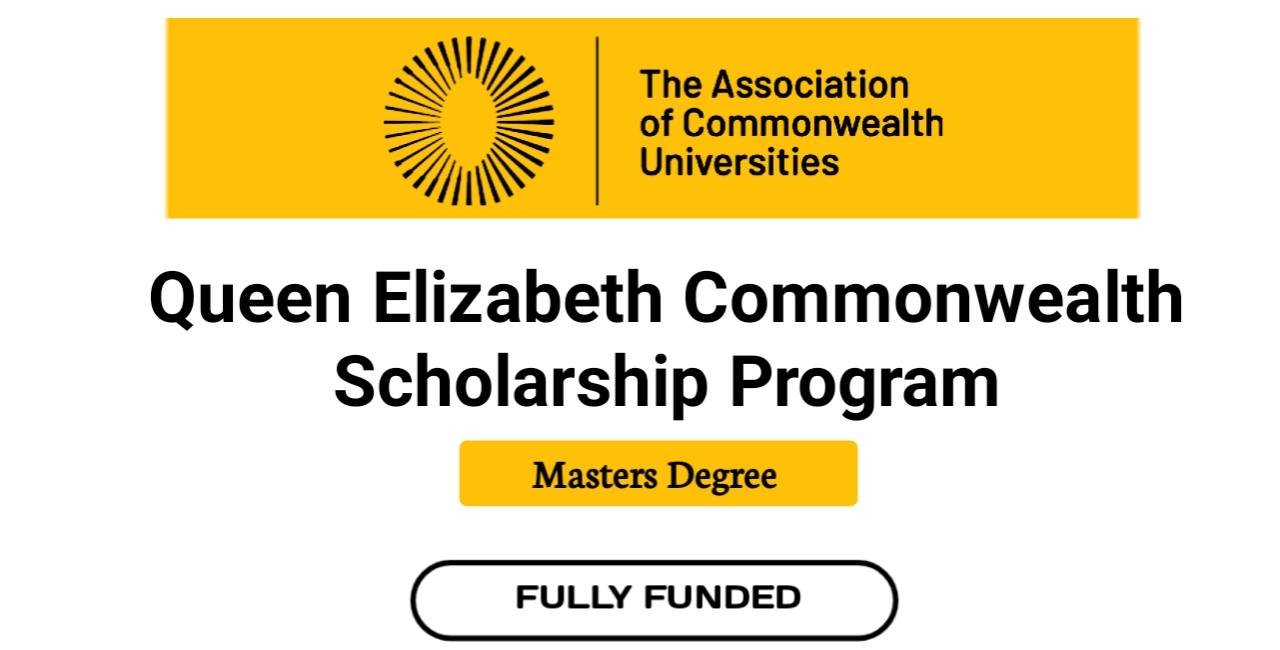The Queen Elizabeth Commonwealth Scholarship (QECS) is a prestigious scholarship program designed to provide students from low and middle-income Commonwealth countries with the opportunity to pursue a Master’s degree in a host Commonwealth country. Established to foster educational exchange and cultural collaboration, the QECS aims to empower scholars to create positive change in their communities.
This blog post will explore the scholarship’s details, application process, eligibility criteria, and the impact it has on scholars and their communities.
Overview of the Queen Elizabeth Commonwealth Scholarship
The QECS offers a unique opportunity for students to study in leading universities across the Commonwealth. Scholars can pursue a two-year Master’s degree in various fields, aligning their studies with the United Nations Sustainable Development Goals (SDGs). The scholarship not only covers tuition fees but also provides a living allowance, travel costs, and other essential support.
Objectives of the QECS
- Promote Educational Exchange: The QECS facilitates academic collaboration and cultural exchange among Commonwealth nations.
- Support Sustainable Development: Scholars are encouraged to align their studies with the SDGs, contributing to global challenges such as poverty, inequality, and climate change.
- Empower Future Leaders: By providing access to higher education, the QECS aims to cultivate a new generation of leaders who can drive change in their communities.
Eligibility Criteria
To be eligible for the QECS, applicants must meet specific criteria:
- Citizenship: Applicants must be citizens of a low or middle-income Commonwealth country.
- Academic Qualifications: A completed undergraduate degree is required, with a strong academic record.
- Course Selection: Applicants must choose a course of study at a university outside their home country, ensuring that they are not applying to institutions in their own country.
- Commitment to Community Change: Candidates should demonstrate a commitment to creating positive change in their communities through their proposed studies.
- Application Process: Applicants must apply for admission to their chosen university separately from the QECS application.
Application Process
The application process for the QECS involves several steps:
- Research and Select a Course: Candidates should thoroughly research available courses at participating universities and select one that aligns with their academic and career goals.
- Prepare Application Documents: This includes academic transcripts, letters of recommendation, and a personal statement outlining the applicant’s goals and how their studies will contribute to community development.
- Complete the QECS Application Form: The application form consists of several sections, including personal details, academic history, and a statement of purpose. Applicants must answer specific questions related to their proposed studies and their alignment with the SDGs.
- Submit Applications: Applications are typically accepted in two cycles each year, with deadlines in November/December and March/April.
- Await Results: Applicants will be notified of their application status based on the cycle they applied for.
Key Components of the Application
- Personal Statement: Applicants must articulate their motivations for applying, their academic interests, and how they plan to use their education to impact their communities.
- Alignment with SDGs: Candidates should identify which of the UN SDGs their chosen field of study aligns with and explain how their research will contribute to these goals.
- Cultural Exchange: The application should reflect the applicant’s willingness to engage with new cultures and perspectives during their studies.
Benefits of the QECS
The QECS offers numerous benefits to scholars, including:
- Financial Support: The scholarship covers tuition fees, living expenses, and travel costs, alleviating the financial burden of studying abroad.
- Cultural Experience: Scholars gain exposure to new cultures, enhancing their global perspective and fostering international friendships.
- Professional Networking: The QECS provides opportunities to connect with other scholars, alumni, and professionals, creating a valuable network for future collaborations.
- Skill Development: Through their studies, scholars develop critical skills that are essential for addressing global challenges and contributing to their communities.
- Impact on Communities: Scholars return to their home countries equipped with knowledge and skills that can drive social and economic development.
Alumni Success Stories
The impact of the QECS is evident in the success stories of its alumni. Many scholars have gone on to become leaders in their fields, driving change in areas such as education, health, and environmental sustainability. For instance, Tolulope Saliu, a QECS alumnus from the University of Colombo, Sri Lanka, highlighted how the scholarship enriched his research in cellular and molecular medicine, leading to new collaborations and innovative ideas.
Challenges and Considerations
While the QECS presents an incredible opportunity, potential applicants should be aware of certain challenges:
- Competition: The scholarship is highly competitive, with many qualified candidates vying for limited spots.
- Application Complexity: The application process can be intricate, requiring careful attention to detail and adherence to guidelines.
- Cultural Adjustment: Scholars may face challenges in adapting to new environments and cultures, necessitating resilience and adaptability.
- Financial Responsibilities: While the scholarship covers many expenses, scholars are responsible for managing their living costs and accommodation.
Conclusion
The Queen Elizabeth Commonwealth Scholarship represents a transformative opportunity for students from low and middle-income Commonwealth countries. By providing access to quality education, fostering cultural exchange, and supporting sustainable development, the QECS empowers scholars to become catalysts for change in their communities. As the program continues to grow, it remains committed to shaping the future leaders of the Commonwealth, ensuring that they are well-equipped to tackle the pressing challenges of our time.
